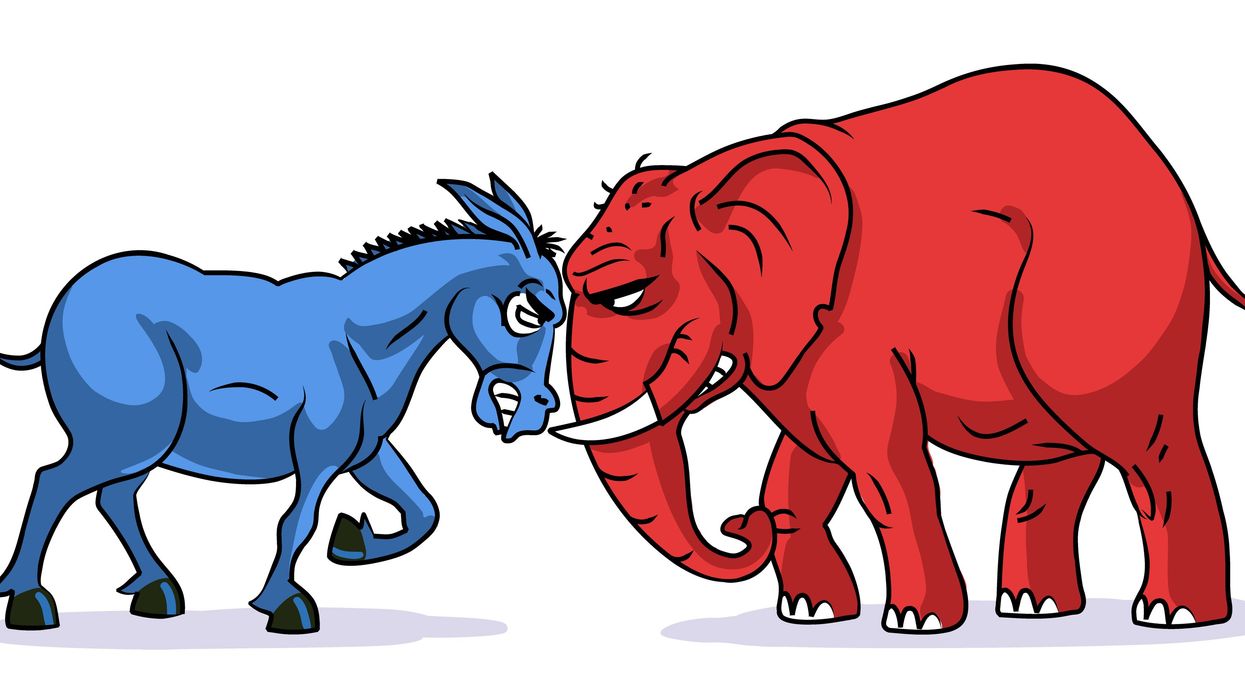Klug served in the House of Representatives from 1991 to 1999. He hosts the political podcast “ Lost in the Middle: America’s Political Orphans.”
A few years ago, a class of senior honors students at the University of Louisville learned firsthand the harsh reality of political stereotypes. They developed an ad for a hypothetical candidate running for Congress to get the reaction of 1,500 randomly selected people across the country. Two versions were created from the same script, using two different actors. One with a Southern accent, the other with the flat Midwestern delivery.
The students asked a couple of questions: Do you think this person is trustworthy, intelligent? Would you vote for this person? What political viewpoint would you ascribe to this person?
The students were taken aback when the Southern speaker got trashed.
“The feedback was harsh,” said Gracie Kelly, who helped run the project. “I have a Southern accent. The people we polled immediately assumed the candidate was conservative, didn’t support climate change and wanted very strict immigration policies. It was insulting. It did make me angry.”
We all use stereotypes, but in politics it amplifies our divisiveness, says DePaul University professor Christine Reyna.
“One of the most sophisticated things our brains do is categorize things. If I tell you something's a chair, you instantly know lots of things about it, right? And we categorize human groups, too. We categorize people by age, by gender, by race and by politics,” she said.
Consider a few snapshots from across the partisan divide from a Florida State University study. On economic issues, Democrats said nearly 50 percent of Republicans belonged to the 1 percent, when it is actually closer to 3 percent. When asked what percentage of Democrats were gay, Republicans responded more than 40 percent. It's actually less than 5 percent.
I will never forget a contribution I received from a classmate at St. Rita’s grade school in Milwaukee. Scott Robideaux had penned a quick note that he attached to his check. “Hey best of luck. I can’t figure out who will be more offended my gay friends that I am supporting a Republican, or my Republican friends that I am gay.” Hard to believe decades later the same tension remains.
“When we talk about the other side, we talk with very negative traits,” says Brigham Young University assistant professor Ethan Busby. “We sort of say, ‘If I'm a Democrat, Republicans are bigoted and ignorant and selfish.’ And if I am a Republican talking about Democrats, I would say, ‘They're elitists who don’t understand people who go to church.’”
In our podcast episode on political stereotypes, the gang at Lost in the Middle thought it would be fun to frame the issue by examining why Democrats hate Texas and Republicans detest California.
Can a Washington bowling league get Congress to work together? by Scott Klug
We'll throw in the pizza and beer.
Read on Substack



















Marco Rubio is the only adult left in the room